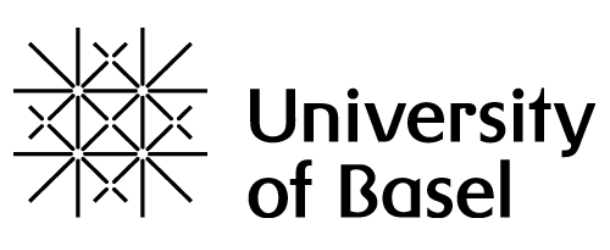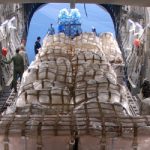Quantum one-way street in topological insulator nanowires that could enable highly stable qubits

(Phys.org) Very thin wires made of a topological insulator could enable highly stable qubits, the building blocks of future quantum computers. IQT-News summarizes new research with results in topological insulator devices that may be an important step towards realizing quantum technology’s potential.
An international group of scientists have demonstrated that wires more than 100 times thinner than a human hair can act like a quantum one-way street for electrons when made of a peculiar material known as a topological insulator.
To achieve this result, the groups of Professor Dr. Jelena Klinovaja and Professor Dr. Daniel Loss at the University of Basel closely collaborated with experimental physicists at the University of Cologne in the group of Professor Dr. Yoichi Ando. Their study has now been published in Nature Nanotechnology.
The researchers were able to show that, under the right circumstances, electric currents can flow more easily in one direction compared to the other, a process known as rectification. Rectification offers a wide range of applications and forms the basis of most wireless technologies.
What’s great about the topological insulator nanowires is that we can artificially produce essentially the same physics but with a much larger magnitude,” says Dr. Henry Legg, Georg H. Endress postdoctoral fellow at the University of Basel and first author of the paper. “This leads to a rectification effect that’s really huge compared to other materials. It’s also one of the aspects that makes topological insulators so exciting for applications in quantum computing.”
Topological insulators have long been considered as good candidates to be the basis for topological quantum computers. However, good control over topological insulator devices is essential to be able to produce topological qubits.
“Our study not only discovered a unique and very large quantum effect, but it also shows that we have an excellent degree of understanding what is happening in these systems. It seems like all the key properties of topological insulators are there to move forward on the path to making topological qubits,” says Professor Dr. Jelena Klinovaja from the University of Basel.
Sandra K. Helsel, Ph.D. has been researching and reporting on frontier technologies since 1990. She has her Ph.D. from the University of Arizona.
























